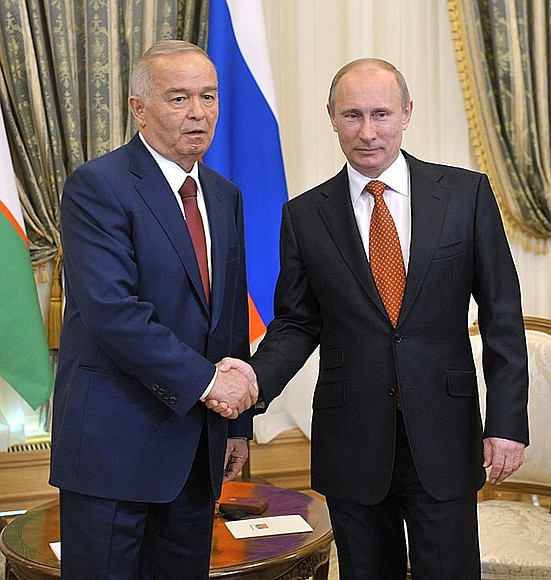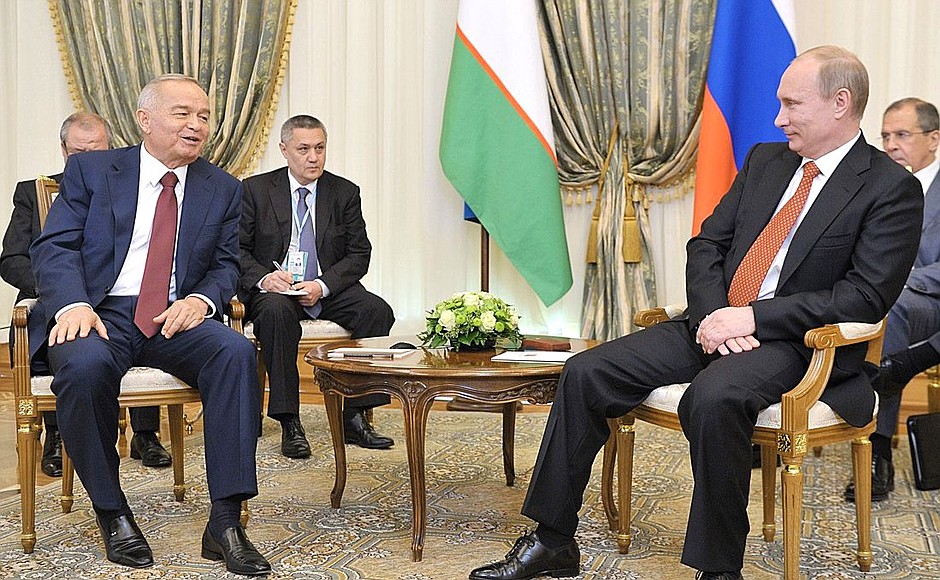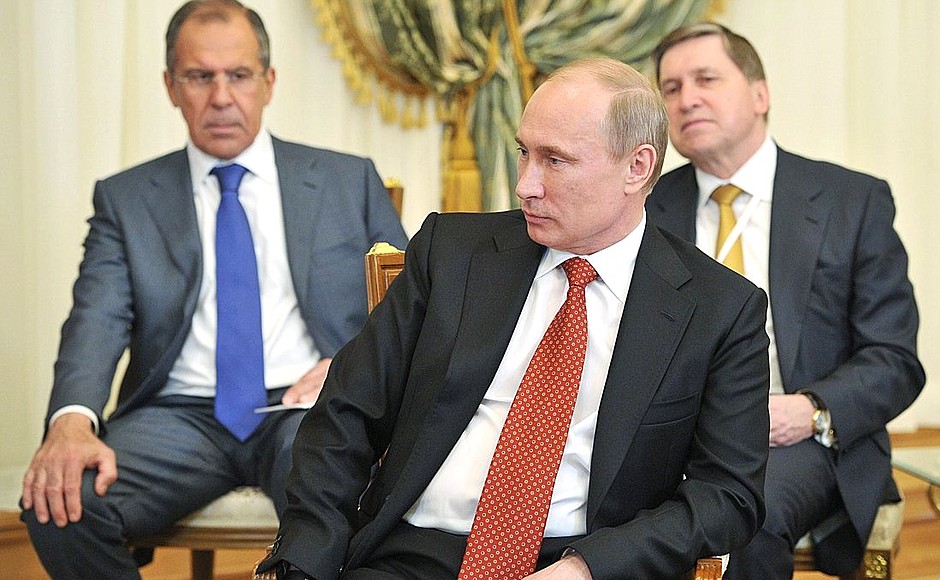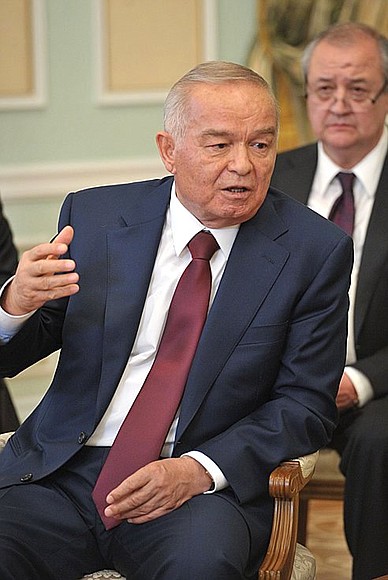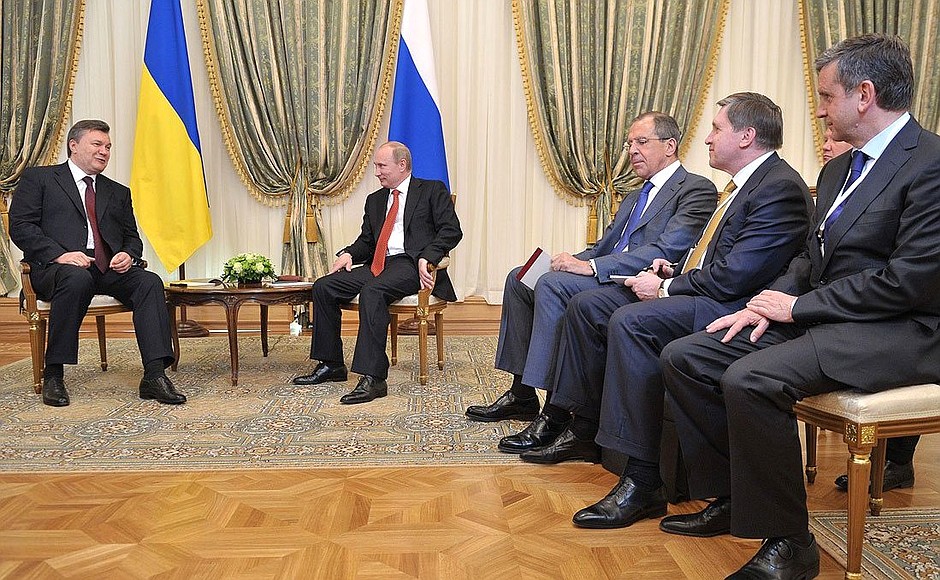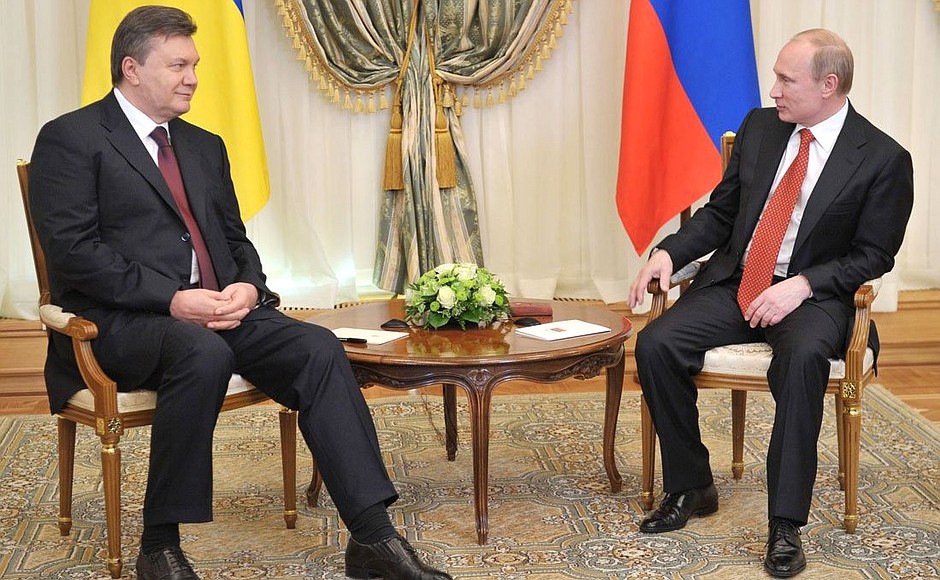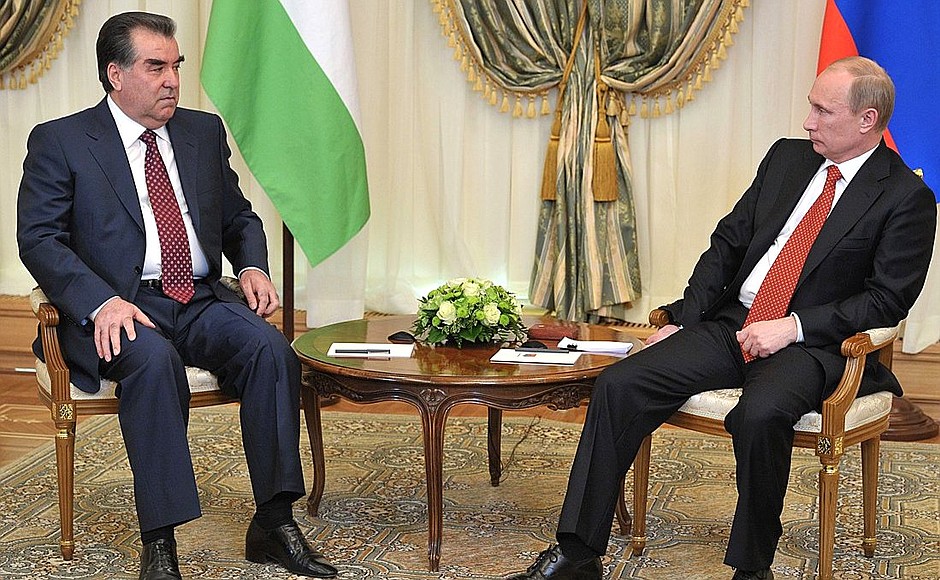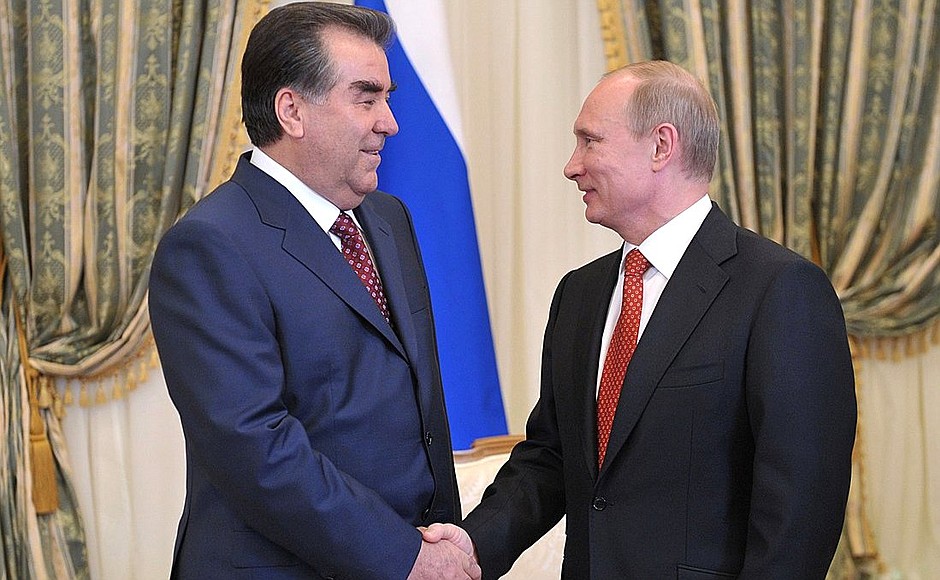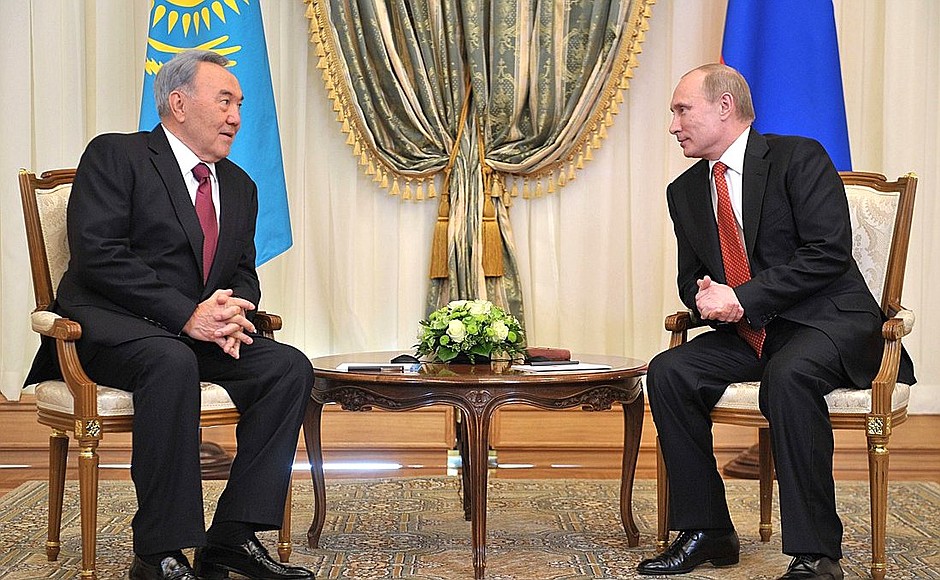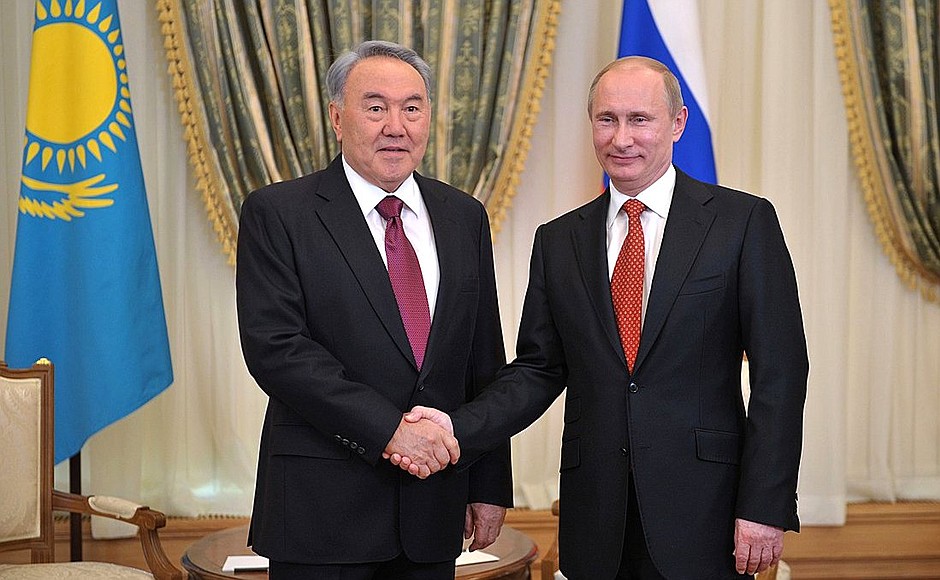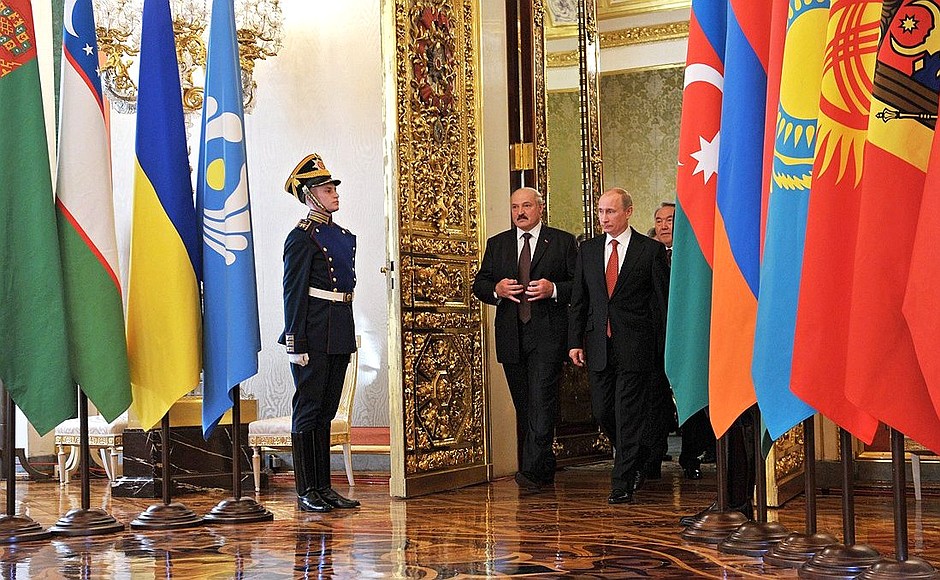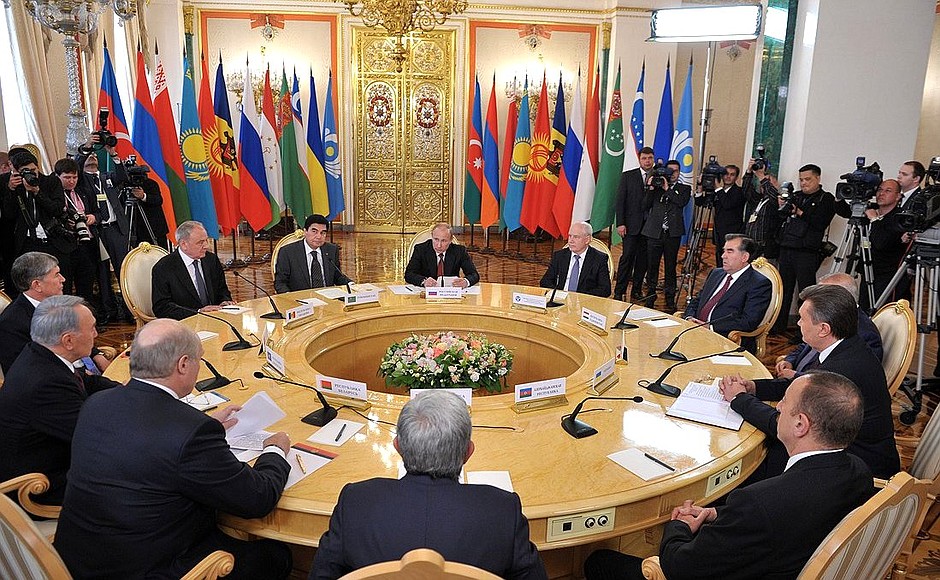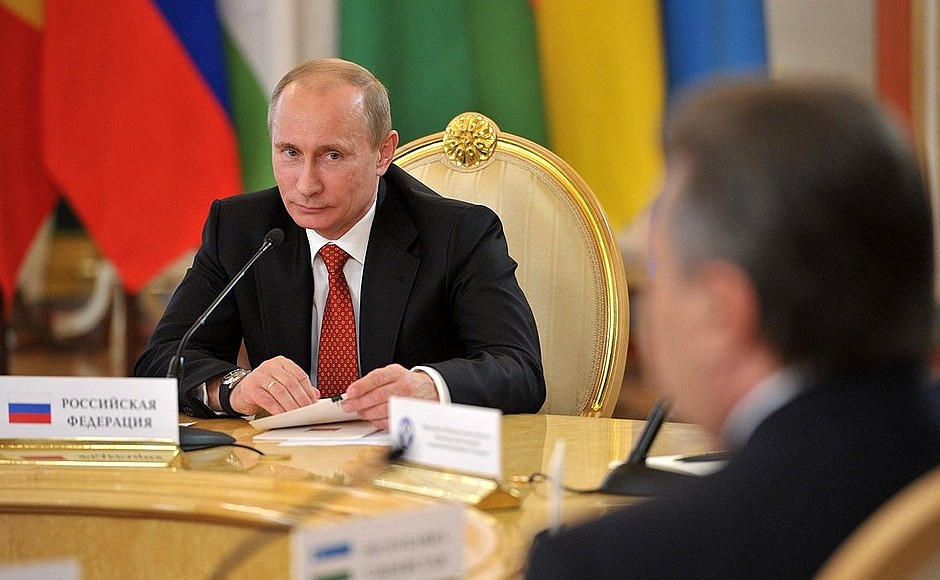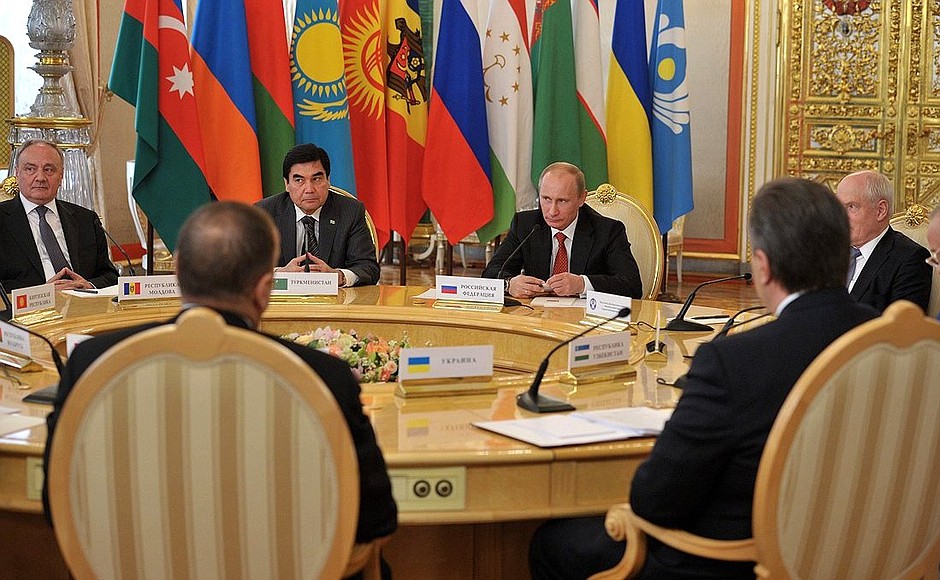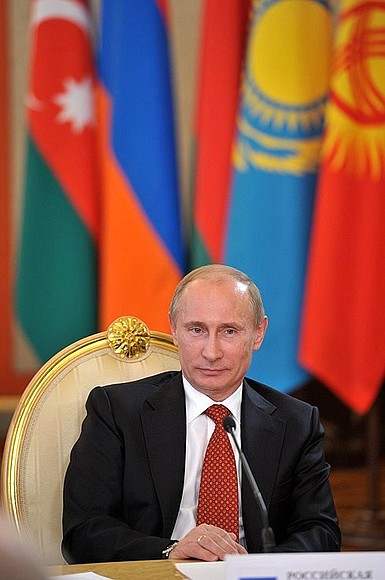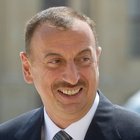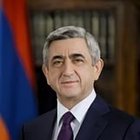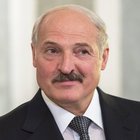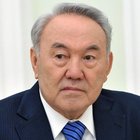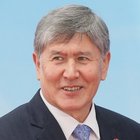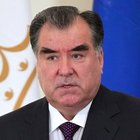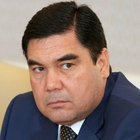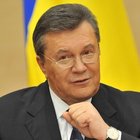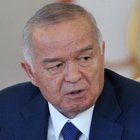Given the informal nature of the meeting, which did not have a set agenda, the heads of CIS member states exchanged views on key areas of the CIS activities and development and prospects for further broadening the multidimensional cooperation within the CIS framework. In particular, significant attention was given to deepening economic integration processes within the Commonwealth.
Participants in the meeting included President of Russia Vladimir Putin, President of Azerbaijan Ilham Aliyev, President of Armenia Serzh Sargsyan, President of Belarus Alexander Lukashenko, President of Kazakhstan Nursultan Nazarbayev, President of Kyrgyzstan Almazbek Atambayev, President of Moldova Nicolae Timofti, President of Tajikistan Emomali Rahmon, President of Turkmenistan Gurbanguly Berdimuhamedov, President of Ukraine Viktor Yanukovych and President of Uzbekistan Islam Karimov.
* * *
President of Russia Vladimir Putin: Colleagues, friends,
I am happy to welcome you all to this informal meeting of the CIS Council of Heads of State. I appreciate that you have all responded constructively to our invitation to come to Moscow, and that you were able to find the time to do so.
In opening our meeting, I would like to once again stress that the nations of the Commonwealth are literally our closest strategic partners. All aspects of our interactions with you are vitally important for our nation: these include issues of socio-economic development, strengthening humanitarian ties, contacts between our citizens and, of course, cooperation on the international arena.
The CIS summit and the CSTO meeting are the first major international events to take place after Russia’s presidential election. It is true that many things unite us – first and foremost, solid traditions of friendship and good neighbourly relations between our peoples. We have a common past that spans many centuries; in more recent history, all of us were united by the Great Patriotic War and our Victory in that war, the anniversary of which we celebrated just recently.
Fortunately, we have maintained close economic, interregional, cultural and humanitarian ties. As a matter of fact, we cannot function and develop effectively in isolation from one another. Now, we face similar challenges in modernising our economies, countering new problems and threats, and working to form a more equitable and just world order.
Drawing on the solid foundation of our multidimensional cooperation, we have recently done a great deal to strengthen the CIS and other integration associations in the post-Soviet area – I am referring to our Agreement on a free trade zone, the Customs Union, the Common Economic Space and other areas such as the CSTO, the Union State of Russia and Belarus, and others.
Among the regional associations I named, associations that differ in format, in the nature of challenges they address and the depth of integration process, the Commonwealth holds a special place as an organisation that unites the most representative composition of participants. That said, priority importance is given to further intensifying joint work with you to form an integrated economic and political union within the framework of the CIS, allowing for the efficient development of each of its participants. On the path to achieving this strategic goal, the Commonwealth will need to resolve many specific practical issues pertaining, in part, to the creation of a common economic and humanitarian space, improving the system of regional security, and increasing the international prestige of our association.
Today, we will discuss the most topical issues in our multidimensional cooperation in an informal setting. I am certain that we will have a sincere, friendly discussion. I am confident that it will benefit all the CIS member states and help to enhance the role of our Organisation.
